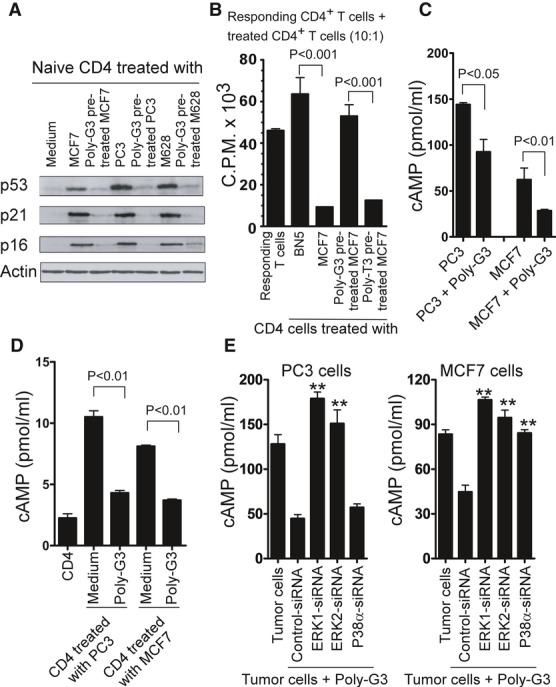Figure 6. TLR8 signaling reverses tumor-induced T-cell senescence via down-regulation of cAMP in tumor cells.

A Pretreatment of tumor cells with Poly-G3 down-regulated the expression of p53, p21, and p16 in tumor-induced senescent CD4+ T cells. CD4+ T cells were co-cultured with Poly-G3-pretreated or untreated tumor cells (MCF7, PC3, or M628) for 1 day. The cultured CD4+ T cells were separated, and p53, p21, and p16 expression was determined using Western blot analysis after culture for 3 additional days.
B Pretreatment of MCF7 cells with Poly-G3, but not with Poly-T3 (control), significantly reversed the suppressive activity on the responding T-cell proliferation mediated by tumor-treated naïve CD4+ T cells. Naive CD4+ T cells were co-cultured with BN5 or MCF7 cells pretreated with or without Poly-G3 for 1 day. Treated CD4+ were separated, and the suppressive activities on responding CD4+ T-cell proliferation were evaluated using [3H]-thymidine incorporation assays.
C, D Poly-G3 treatment significantly decreased cAMP levels in tumor cells (C) and in tumor-induced senescent CD4+ T cells (D). MCF7 or PC-3 cells were co-cultured with Anti-CD3-activated CD4+ T cells for 1 day in the presence or absence of Poly-G3 (3 μg/ml). cAMP levels in tumor cells and in co-cultured CD4+ T cells were detected.
E Knockdown of ERK1/2 and p38α in MCF7, and ERK1/2 in PC3 tumor cells significantly blocked the Poly-G3-mediated down-regulation of cAMP levels in tumor cells. Tumor cells were transfected with lenti-shRNAs specific for ERK1, ERK2 or p38α molecules or control shRNA. Transduced (GFP+) tumor cells were purified by FACS sorting and cultured for 1 day in the presence of Poly-G3 (3 μg/ml). cAMP levels in tumor cells were detected.
Data information: Data shown are mean of three independent experiments ± SD, and paired t-test was performed between groups. **P < 0.01, compared with the group transfected with control shRNA (E).
